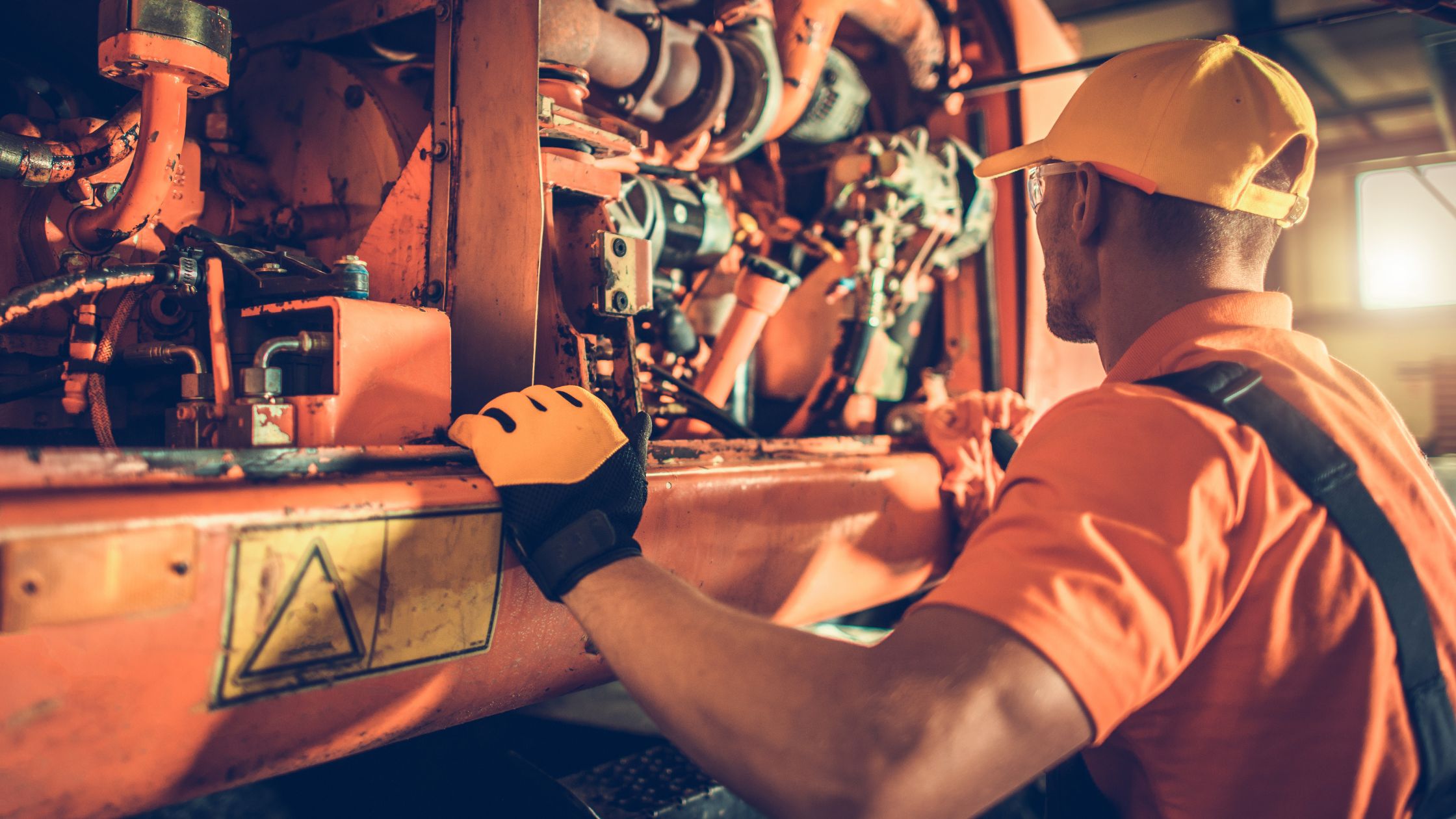Best Way to Acquire Heavy Equipment – Buy, Rent, or Lease?

Let’s make this clear – there’s no best way to acquire heavy equipment. But there is a right strategy to take advantage of buying, renting, and leasing tools and machinery to save money and boost your bottom line. Whether you’re a lifelong construction business owner looking for new machinery to expand your capabilities or just getting started and feeling overwhelmed by all the options, knowing what it means to buy, rent, and lease when seeking tools and equipment is vital. We’ll consider their advantages and disadvantages so that you can decide how you want to add these critical elements to your workflow.
Pros and Cons of Buying, Renting, or Leasing Heavy Equipment
Buying
Purchasing heavy equipment gives you complete control over the utilization and maintenance of the machinery, as well as the flexibility to modify them as needed. Additionally, buying may be more cost-effective over time than renting or leasing, depending on the circumstances (more about that later!).
However, it’s not always the best strategy with a limited budget because it requires significant upfront capital. Plus, ownership carries with it greater responsibility, meaning you’ll have to account for the following:
- Maintenance and repair costs
- Insurance costs
- Depreciation costs
- The monthly interest on your loan (if any)
- Storage and transport
- Compliance to laws and regulations
If you’re worried that these potential drawbacks outweigh the benefits, hear us out. There’s a Section 179 write-off that you may be eligible for! If your equipment qualifies, you can deduct the full amount of the purchase price from your taxable income the year it was bought. Here’s what you should know about the deduction:
- The Section 179 deduction applies to both new and used equipment as long as it meets specific criteria. As such, you can deduct the full purchase price of a used piece of equipment you buy for your business.
- To qualify for the deduction, your equipment must be for business purposes more than 50% of the time.
- The deduction has a limit, which changes from year to year. For the 2023 tax year, you can only deduct up to $1.16 million with a threshold of $2.89 million of total equipment purchases.
- If you exceed the deduction limit, you may still be able to take advantage of bonus depreciation, which allows you to deduct a percentage of the purchase price (80% in 2023) in the first year and then depreciate the remaining amount over the useful life of the equipment.
Renting
If you are a small business with limited capital or working on short-term projects, renting construction equipment is ideal. Not only can you save on maintenance and repair costs, but also benefit from the latest equipment. Why tie up your valuable resources in machinery when you can rent it on an as-needed basis?
However, while renting sounds like a sweet deal, it’s not always cost-effective, especially when there are additional fees or if you’ll need the equipment long-term. Moreover, the machine may be in high demand and, thus, unavailable when you need it.
Leasing
- Higher overall cost: While leasing may have lower upfront costs, it can cost more in the long run due to interest charges and other fees.
- Limited flexibility: Leasing typically comes with strict terms and conditions, such as mileage limits or restrictions on modifications.
- No equity: Unlike buying equipment, you won’t own the equipment at the end of the lease term. Hence, you can’t resell the equipment or use it as collateral.
4 Factors to Consider When Deciding Whether to Buy, Rent, or Lease Construction Equipment
Ultimately, the best option depends on your specific needs and circumstances. Thus, before shelling out money to buy, rent, or lease, evaluate your choices against some considerations: frequency of use, budget, maintenance and repair costs, and resale value. Without weighing these factors, you could end up overspending and facing unnecessary delays.
1. Frequency of Use
If you’ve got your list of machinery and equipment ready, it’s time to figure out how often you’ll be using them. Categorize them into three groups: long-term, short-term, and “for a specific project only.” Renting may be your best bet if you only need the gear briefly. But if you’re using it frequently, buying or leasing might be the smarter financial move.
2. Budget
Renting equipment may be more expensive on a daily basis. Still, it allows you to avoid the significant upfront costs of buying or leasing equipment. Consider your budget and determine what option makes the most sense for your financial situation.
3. Maintenance And Repair Costs
You are responsible for the maintenance and repair costs when you buy or lease. Renting may be a better option to avoid or limit these costs.
4. Resale Value
If you plan to sell the equipment or use it as collateral, buying may be a better option. Leasing typically does not offer this option, and renting may not be cost-effective in the long run.
Key Takeaway:
The best option when it comes to acquiring heavy equipment is not a one-size-fits-all solution. Between buying, renting, and leasing, remember to look at your costs versus what you need out of the equipment in terms of frequency of use, budget, repair and maintenance costs, and resale value. With these considerations in mind, either one (or all of them) will likely suit your business needs.
Whether you’re looking to buy, rent, or lease your equipment, you can count on MBE CPAs to help you every step of the way. We’ll work alongside you to create a customized approach that fits your needs and requirements.
